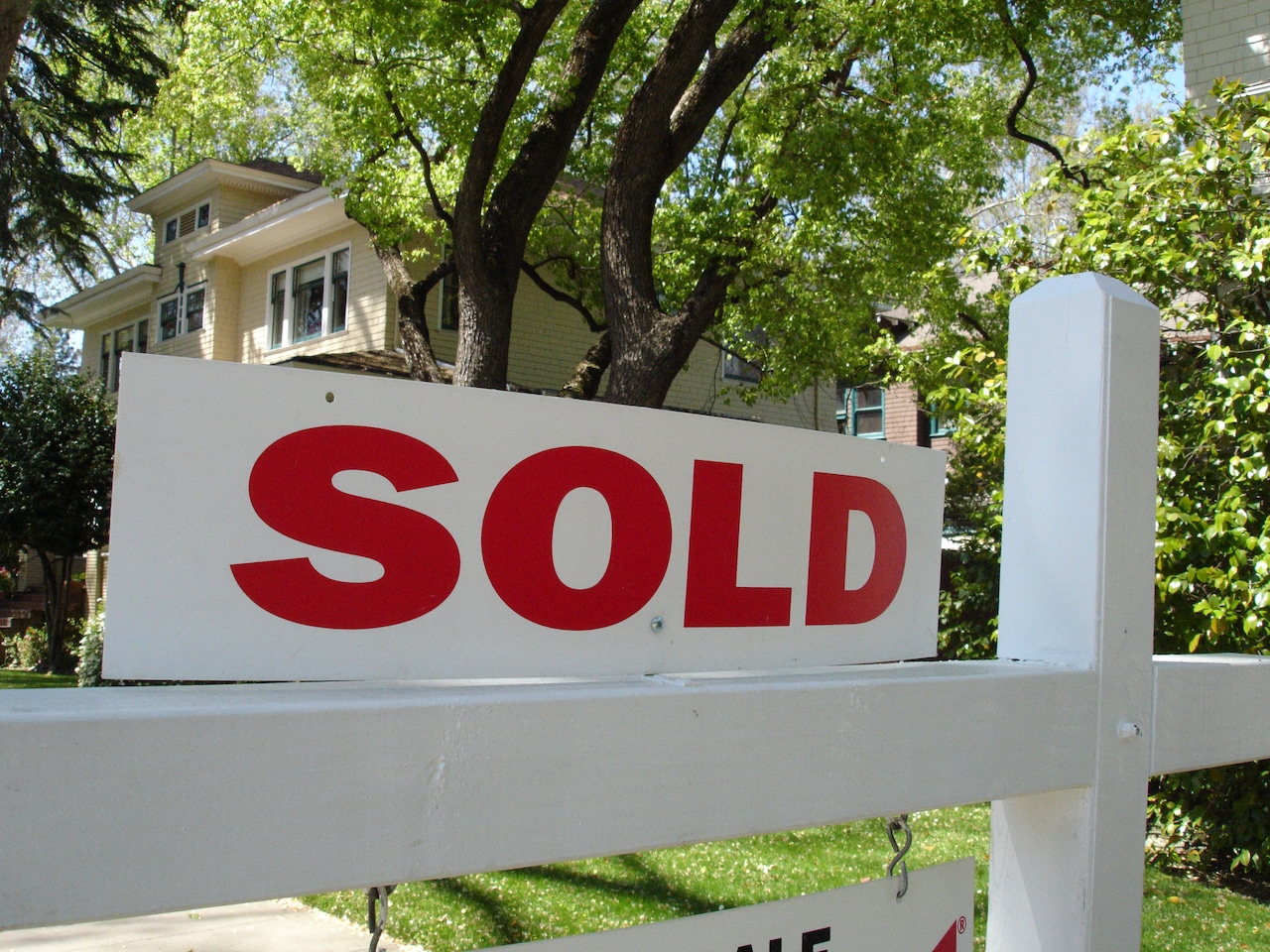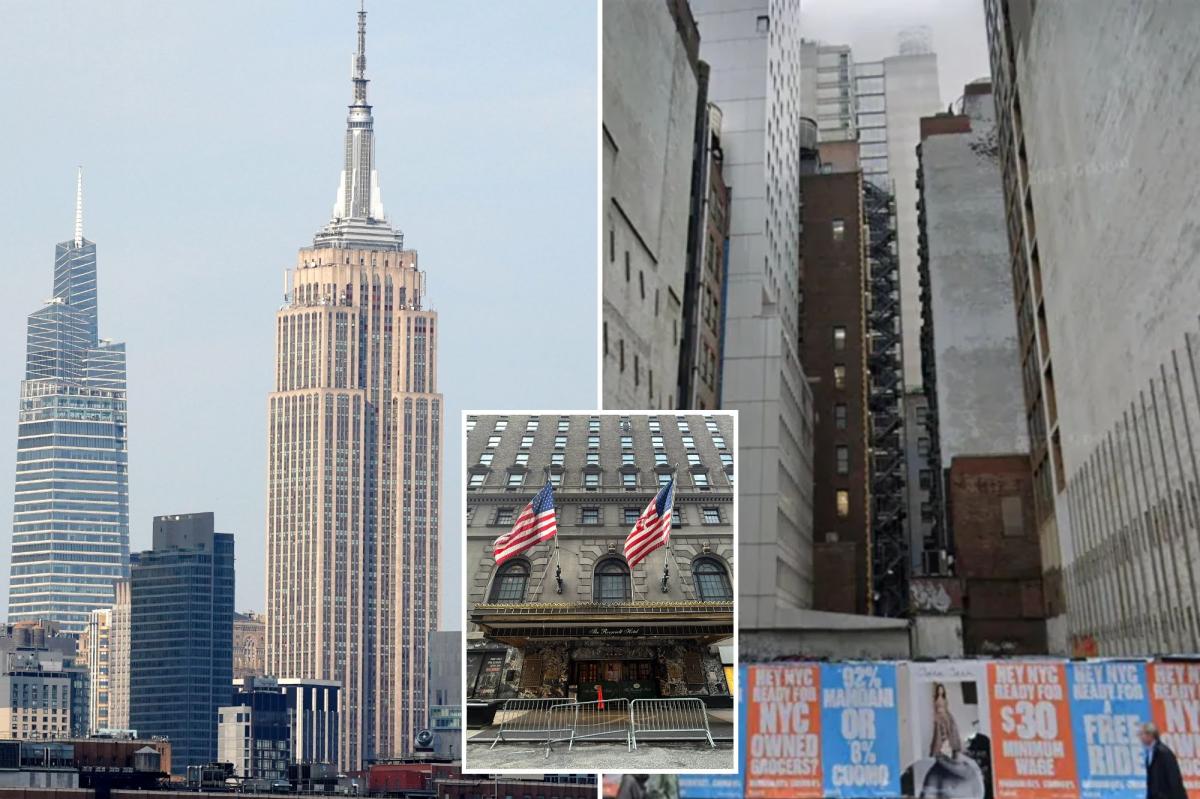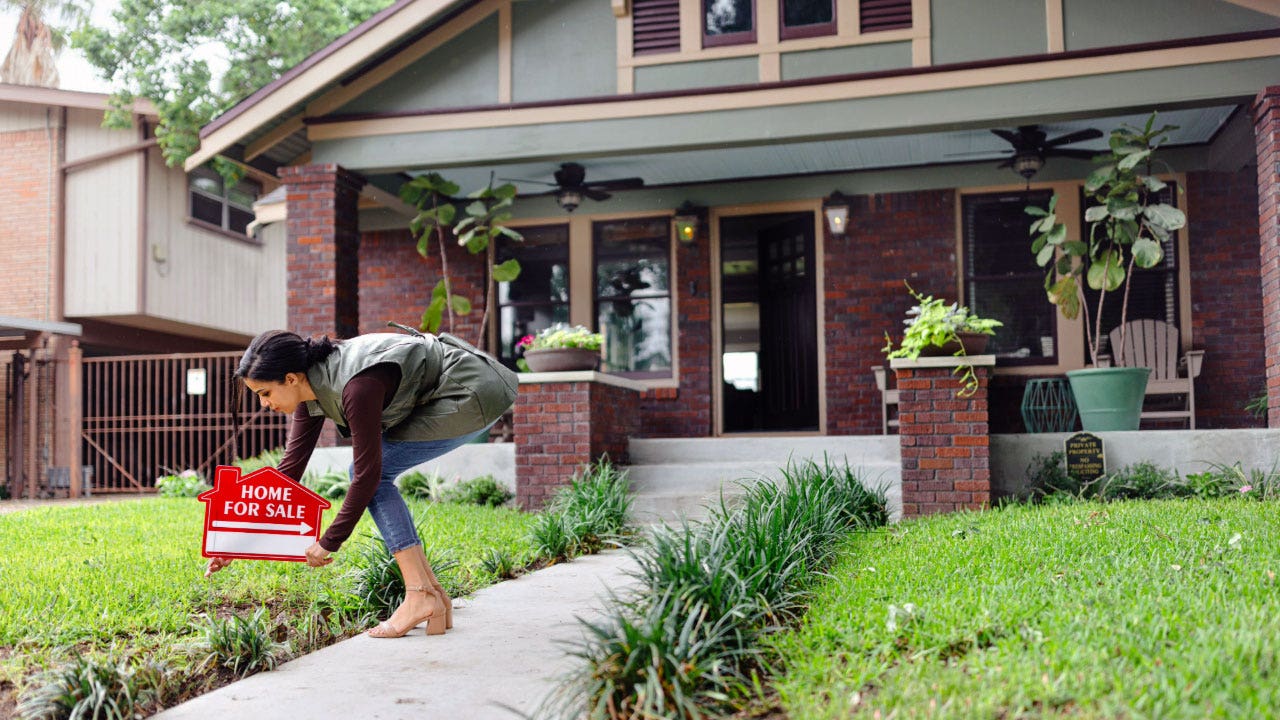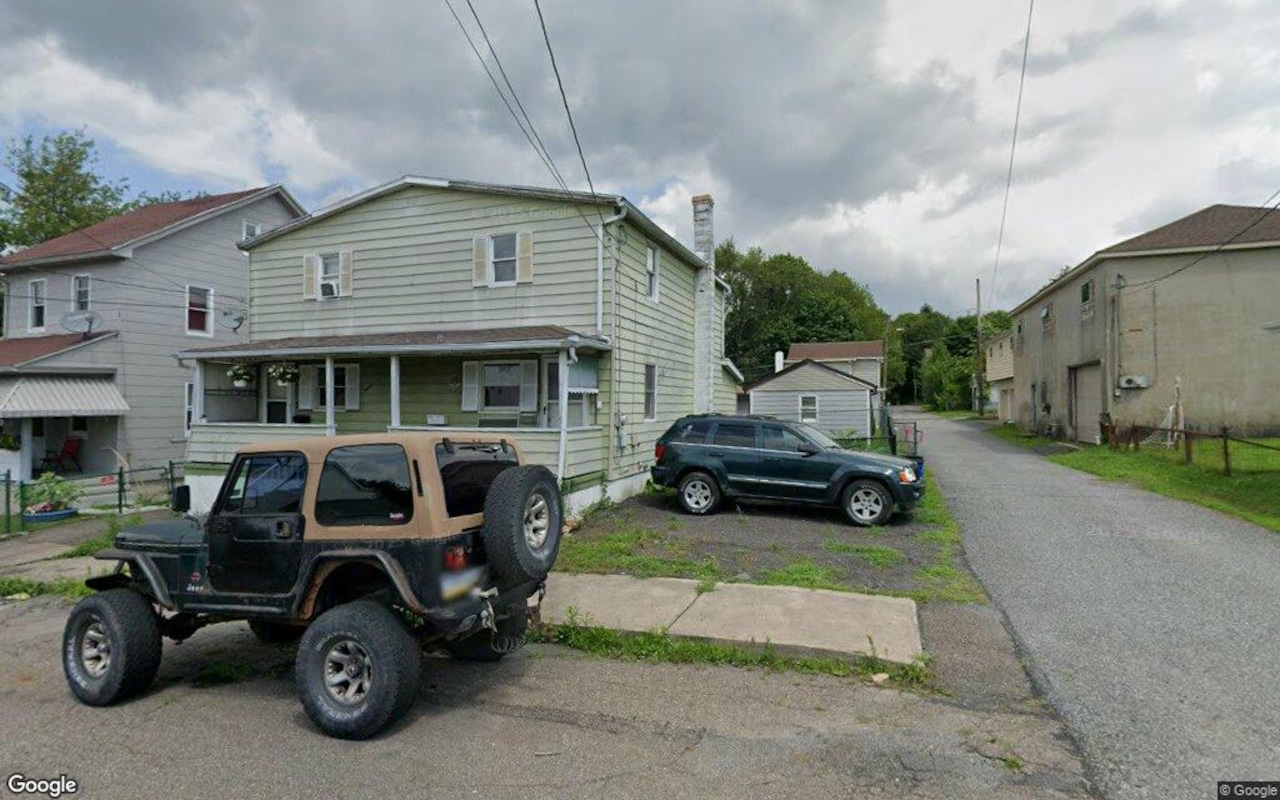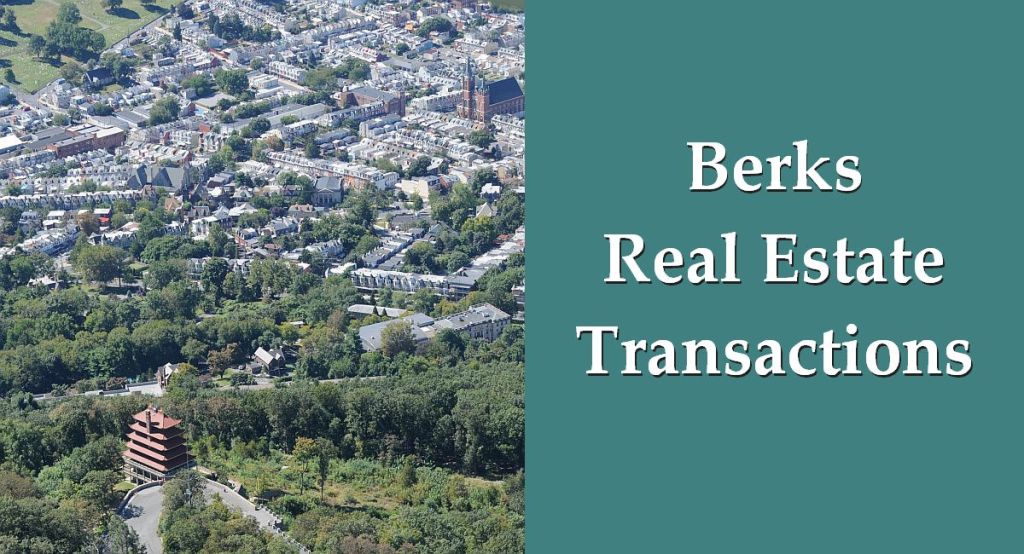S
EATTLE—The latest report from Redfin, a technology-powered real estate brokerage, reveals that the total value of U.S. homes has reached a record high of $49.6 trillion in the past year, up from $46.5 trillion in the previous year. This represents a 6.6% increase in the total value of the U.S. housing market. Over the past decade, the total value of U.S. homes has more than doubled, climbing a staggering 119% from $22.7 trillion in June 2014 to its current value.
According to Redfin Economics Research Lead Chen Zhao, the value of America’s housing market is expected to surpass the $50 trillion threshold in the next 12 months due to a lack of homes being listed for sale, which is keeping prices high. While mortgage rates have started to fall, many potential sellers and buyers are waiting to make a move, leading to a pattern of slowly increasing home prices. This is good news for homeowners who are seeing their equity rise, but first-time buyers are finding it challenging to find affordable homes.
New construction played a significant role in the overall increase in market valuation. Redfin’s analysis focused on roughly 97.6 million homes, compared to 96.8 million homes a year earlier.
The New Jersey metros closest to New York City experienced the largest jumps in value, with New Brunswick, NJ leading the way at a 13.3% increase to $582.6 billion, followed by Newark, NJ at a 13.2% increase to $406.2 billion. Anaheim, CA came in third with an 11.8% increase to $1.1 trillion, followed by Charleston, SC at an 11.8% increase to $188.9 billion and New Haven, CT at an 11.8% increase to $91 billion.
On the other hand, Cape Coral, FL was the only metro to experience a decrease in total home value, dropping by 1.6% to $204.2 billion. Sun Belt metros, particularly those in Texas, grew at a slower pace than other regions, with New Orleans at a 0.8% increase to $128.2 billion, Austin, TX at a 1.9% increase to $392.8 billion, North Port, FL at a 2.1% increase to $251.8 billion, and Fort Worth, TX at a 2.3% increase to $293.7 billion rounding out the bottom five metros.
Anaheim, Chicago, Phoenix, and Washington, D.C. joined New York, Los Angeles, Atlanta, and Boston in the trillion-dollar club, with their total home values surpassing $1 trillion. San Diego and Seattle are expected to join them in the next 12 months if home values continue to rise at their current pace. It's also worth noting that while San Francisco's aggregate home value is approximately $700 billion, when combined with neighboring Oakland, CA, and San Jose, CA, the combined Bay Area housing market is worth nearly $2.5 trillion. Similarly, the combined Dallas ($734 million) and Fort Worth, TX ($294 million) metro area also surpasses the $1 trillion mark.
Rural home values rose the fastest among all areas, jumping 7% year over year to $7.8 trillion. Urban areas followed with a 6% increase to $10.3 trillion, while suburban home values increased 6.8% to $30.1 trillion for the first time. There are approximately 57 million homes in the suburbs, compared to 22 million in urban areas and 21 million in rural areas.
The total value of millennial-owned homes increased more than 20% year over year to $8.6 trillion in the first quarter of 2024, which is the most recent period for which generational data is available. This is nearly four times as fast as any other generation. This increase is partly due to overall home price growth but also because millennials are now the largest generation by population and have reached an age and financial position where they make up a larger share of the homebuying market. Around two-thirds of the mortgages taken out in 2023 were issued to homebuyers under the age of 45.
On the other hand, the total value of homes owned by the Silent Generation fell for the fifth straight quarter, dropping by 1.6% to $4.6 trillion. The value of homes owned by baby boomers increased by 6.1% to $19 trillion, while Gen X home values rose by 5.9% to $13.6 trillion.
Asian neighborhoods experienced the largest increase in home value, rising 9% over the past year to $1.4 trillion. This growth is being driven by price increases in West Coast cities where many Asian neighborhoods are located. In comparison, majority white neighborhoods saw a 6.6% increase in home value to $39.4 trillion, while majority Black neighborhoods saw a 5.4% increase in home value to $1.4 trillion. The value of homes in majority Hispanic neighborhoods increased by 6.4% to $2 trillion.

